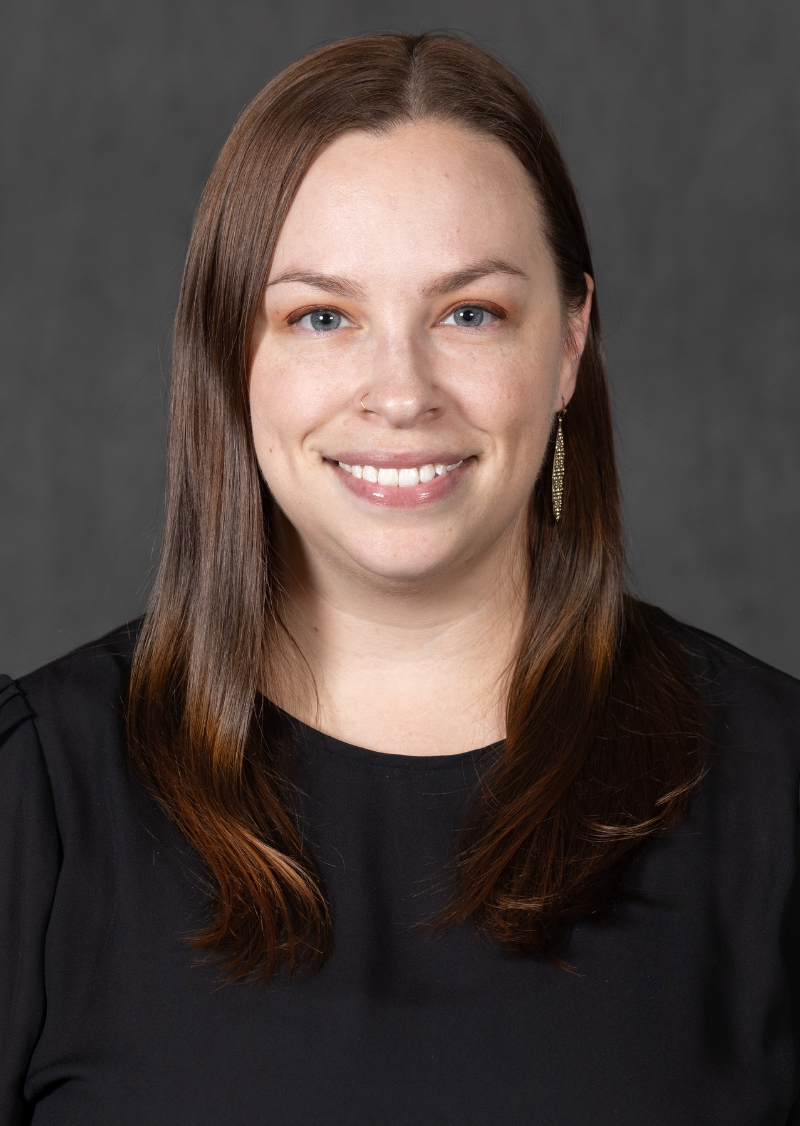Renee Marie Ludlam (ef2051)
University information
Contact information
College of Liberal Arts and Sciences
333 Physics Research Bldg.
- X-ray binaries (neutron stars or black holes)
- Accretion physics
- Cross-calibration of x-ray missions
- Equation of State of ultra-dense cold matter
My research focusses on utilizing x-ray observations of compact objects in low-mass x-ray binary systems (where the stellar companion is roughly the size of the Sun). Material is stripped from the stellar companion and forms an accretion disk around the compact object (which is either a black hole or neutron star). The accretion disk can reprocess emission in these systems that can then be used to ascertain valuable information about the properties of the compact object. In the case where the system has a black hole, limits can be obtained for its spin parameter (which is one of three properties needed to fully describe a black hole).
For neutron stars, the disk emission can be used to place limits on the radial extent or magnetic field strength. Limits on neutron star radius have important implications regarding the composition of the object. Neutron stars are the densest objects with a surface in the Universe with a mass that is roughly twice the Sun compressed into the size of a city. The matter within exists in an ultra-dense, cold state that cannot be replicated in terrestrial laboratories. Hence, we can only use observations of these objects to determine how matter exists under such conditions. Since our ability to infer information through observations hinges upon our understanding of the instrumentation being used, I am also interested in the cross-calibration between x-ray missions and supporting the future of x-rayy astronomy.
- Sultana N. Nahar Prize for Distinction in Research in Physics and Astronomy, 2024
- American Astronomical Society Newton Lacy Pierce Prize, 2023
- NASA selected XRISM Guest Scientist, 2022
- American Astronomical Society High-Energy Astrophysics Division Bruno Rossi Prize (as a member of the NICER team), 2022
- American Astronomical Society High-Energy Astrophysics Division Dissertation Prize, 2021
- NASA Hubble Fellowship Program - Einstein Fellow, 2019-2022
- Over 4900 citations
- H-index: 24

Planetarium
